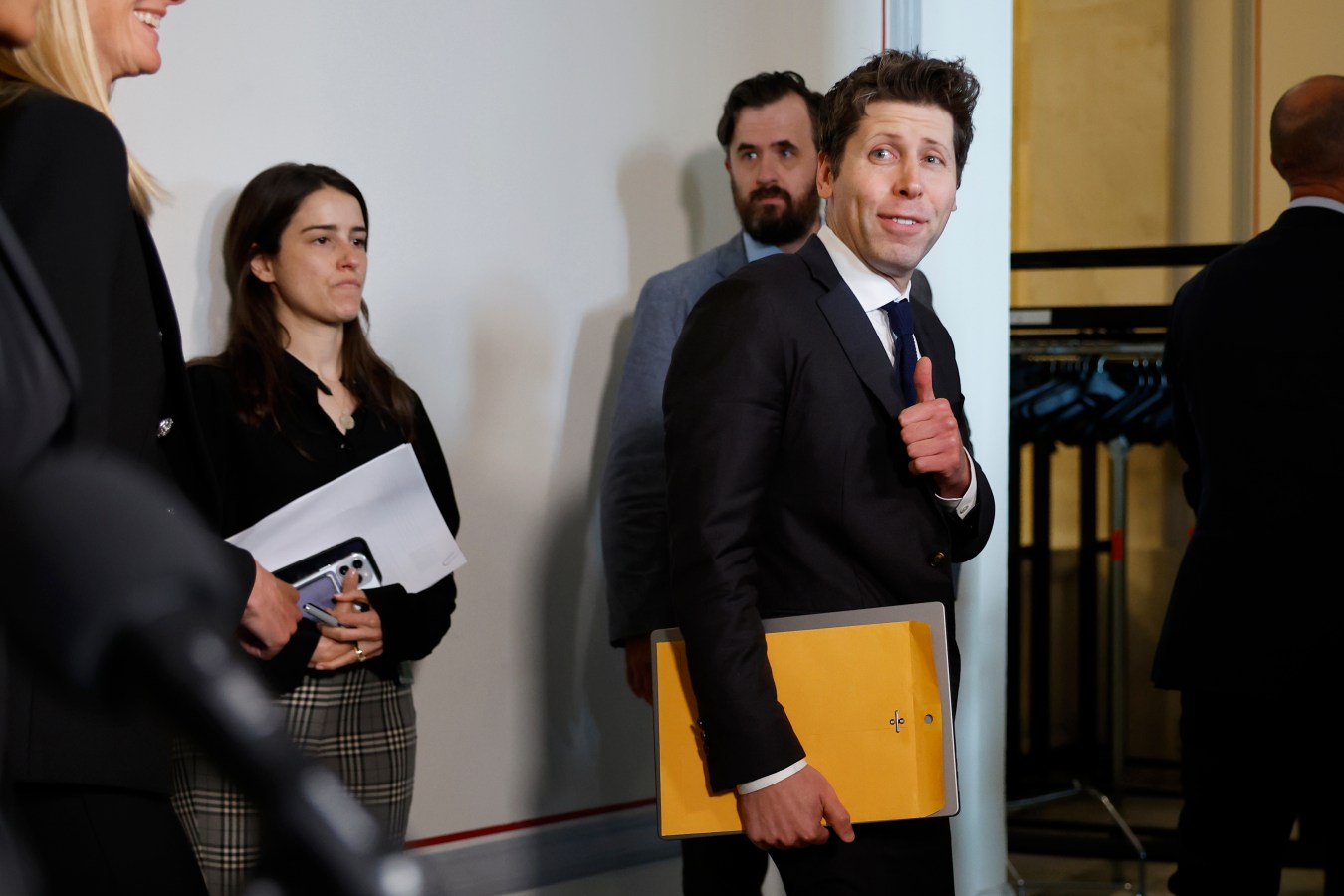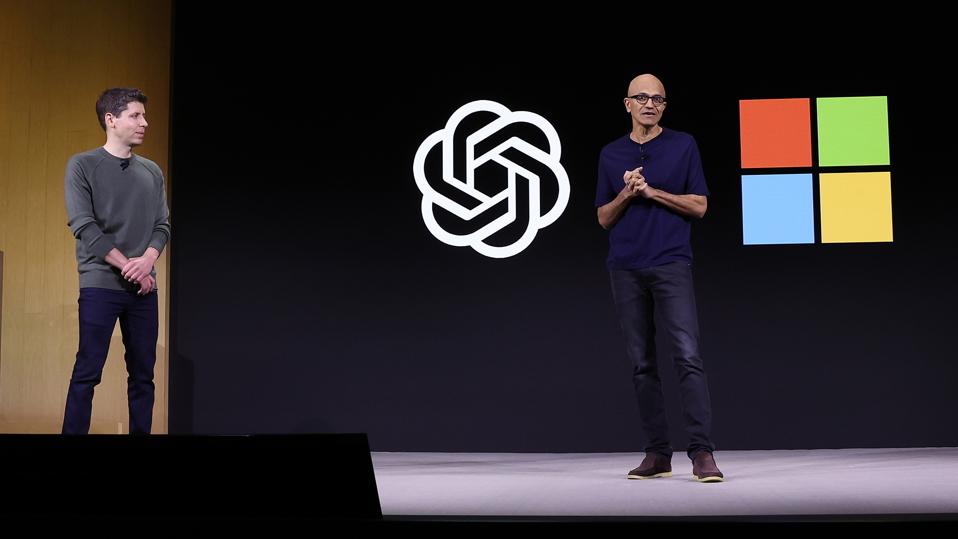In Ernest Hemingway’s “The Sun Also Rises,” a character is asked how he went bankrupt. His reply? “Two ways. Gradually, then suddenly.” The astounding trajectory of Artificial Intelligence (AI) bears many similarities.

Imagine AI’s evolution as a long roller coaster ride, starting with a slow, steady climb, then suddenly plunging into a thrilling drop. Just five years ago, my MIT lecturer and I were recording an interview video about AI’s gradual progress, completely unaware of the mind-blowing leap that was just around the corner.
Tools like ChatGPT, Bard and Antrophic, with their ability to chat like real people, are proof of this sudden surge. With its mix of slow and sudden bursts, the Jekyll-and-Hyde nature of AI’s progress perfectly captures the unpredictable but exhilarating ways it is transforming our world, many of which we can’t even fathom yet.
AI is no longer a buzzword; it’s at the core of revolutionary changes across industries and its tendrils are reshaping the future, led by a cohort of global innovators, from healthcare to media to finance. This article spotlights eight such AI superheroes whose work is transforming technology and challenging our understanding of what’s possible. If you’re looking for a place to start diving into the world of AI, following these titans is a great idea.
Ian Goodfellow: The Father of modern GAI

In 2014, Ian Goodfellow introduced Generative Adversarial Networks (GANs): a revolutionary technique that has reshaped the landscape of artificial intelligence. GANs have since become a cornerstone of generative AI, with applications spanning a wide range of domains, including art generation, image editing, and drug discovery. Goodfellow’s ground-breaking work has earned him the well-deserved title of “the father of modern GANs”. He has made many contributions to the open-source community and popular machine-learning libraries, including TensorFlow and PyTorch. His open-source ethos has democratised access to powerful AI tools, enabling researchers and developers worldwide.
Sam Altman: The new Steve Jobs
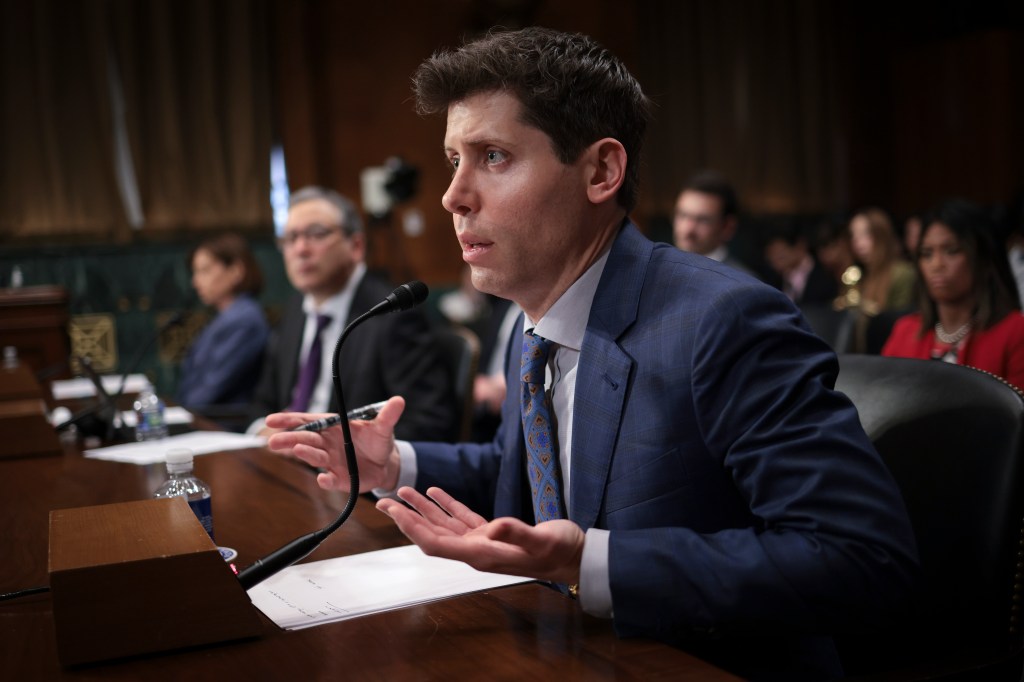
Altman is the former president of the successful start-up accelerator Y Combinator. He has been behind OpenAI, making him not only instrumental but possibly the most important person in democratising AI through initiatives like ChatGPT and Dall-E. His foresight in balancing open-source ethos with commercial viability has made advanced AI accessible, paving the way for a new era of innovation, akin to Steve Jobs’s impact on the personal computing industry.
While the tech industry thought Elon Musk would be taking the acting party after Steve Jobs, many in the industry now believe the new tech Messiah role is now reserved for Sam Altman.
Earlier this month Sam Altman’s dismissal from OpenAI sent shockwaves through the industry. In less than three days after being fired by the board, he and the other OpenAI co-founder, Greg Brockman, were hired over at Microsoft to lead a new advanced AI research team. Just one day later, Altman was back at OpenAI – spelling an end to a disastrous week for the tech giant.
Fei-Fei Li: The Godmother of AI
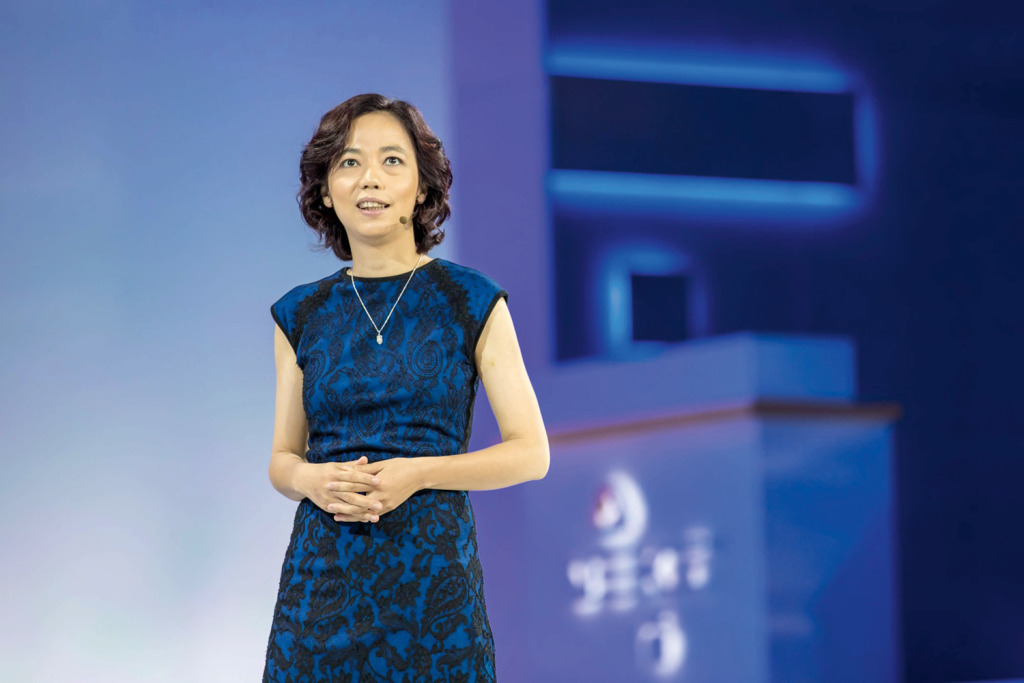
Known affectionately as the Godmother of AI, Li’s research in computer vision at Stanford University has pioneered huge advancements in machine learning and deep learning algorithms. Her work has been pivotal in making AI systems more perceptive and empathetic. She is also a known champion and advocate of diversity and inclusion in AI. She is the co-founder of AI4ALL, a non-profit organisation that works to increase the number of women and underrepresented minorities in the field.
Andrew Ng: The Educator
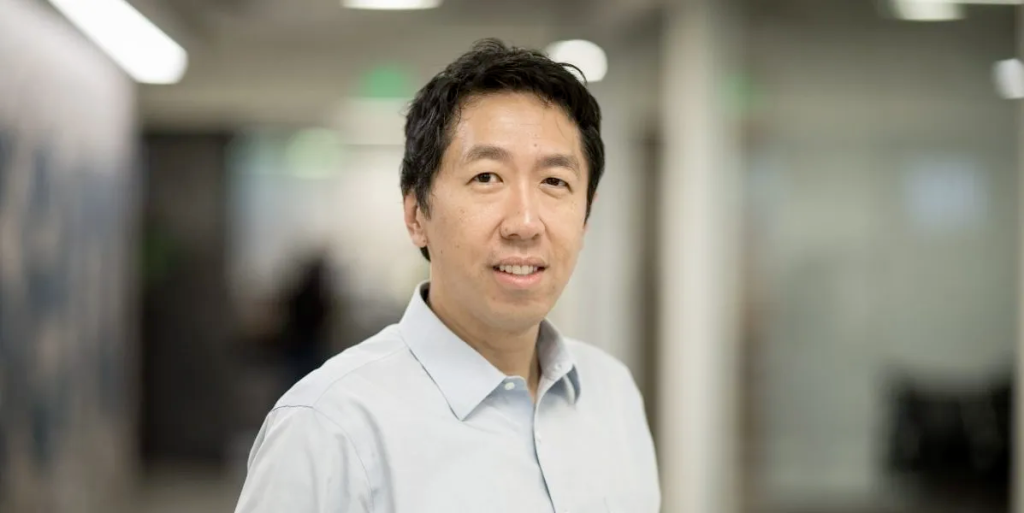
As the CEO of Landing AI, Ng’s contributions span beyond his enterprise. His efforts in educating the masses about AI through platforms like Coursera, which he co-founded, have democratised AI knowledge, bridging the gap between academia and industry. Ng’s contribution to AI is monumental, especially in the realm of deep learning. Co-founder of Google Brain and former chief scientist at Baidu, he’s now focusing on AI’s potential to transform businesses and society.
Daniela and Dario Amodei: The most famous AI siblings in the world

Dario and Daniela Amodei are siblings and co-founders of Anthropic, an AI research and development company. Dario is a Stanford PhD in physics, and Daniela is a physicist from MIT.
Anthropic has been working on a number of different projects aimed at making AI safer and more beneficial. These projects include developing new algorithms for training AI systems, researching ways to avoid bias and discrimination in AI, and working to ensure that AI systems align with human values.
Dario and Daniela Amodei are both considered to be leading figures in the field of AI safety. They have been recognised for their work by the Time 100, which named them two of the most influential people in the world in 2023.
Lila Ibrahim: The AI Pathfinder

Her work combines technology with humanistic perspectives, bringing a much-needed focus on diversity and inclusion in the AI sphere. She is the Chief Operating Officer (COO) of DeepMind, an AI business owned by Google. Before joining DeepMind, Ibrahim held senior leadership positions at Coursera, Kleiner Perkins Caufield & Byers, and Intel.
She is a co-founder and Chair of Team4Tech, a non-profit organisation that provides technology education and training to youth in underserved communities. She is also a member of the UK AI Council, a government-appointed body that advises on developing and deploying artificial intelligence. Lila has developed an incredible ability to navigate the complex AI development and deployment landscape.
Jensen Huang: The AIron Man
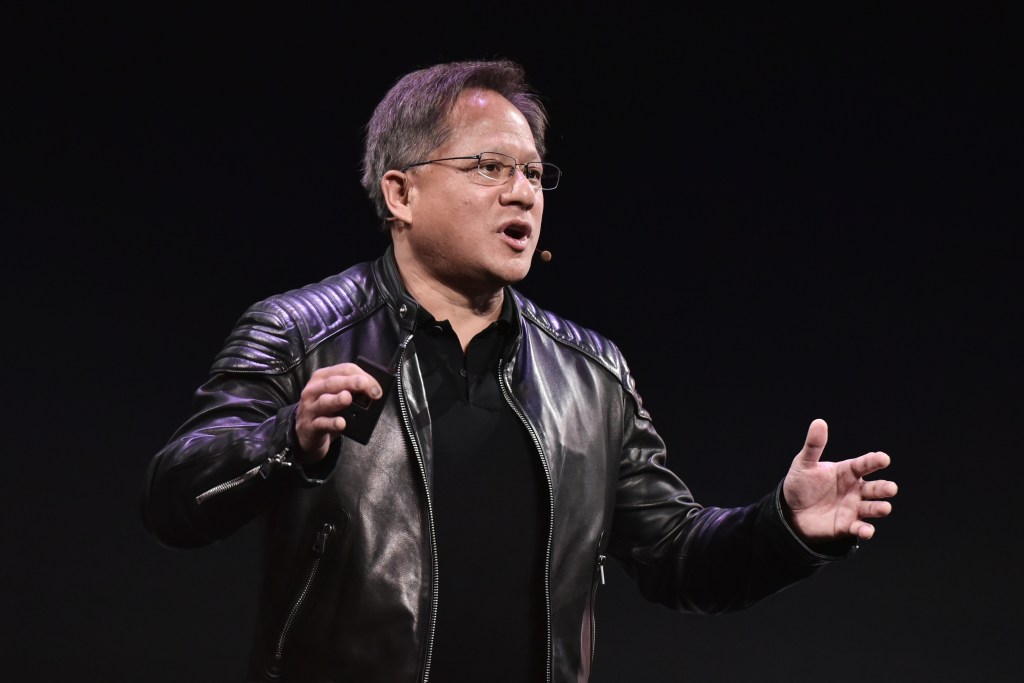
Huang founded Nvidia in 1993 with an initial focus on building graphics for video games. Fast forward to 2023, he is now the CEO of NVIDIA, The world’s most important and influential producer of microprocessors for AI.
One of the most intriguing business stories involving Jensen Huang is his early bet on the potential of graphics processing units (GPUs) to accelerate AI workloads. In the early 2000s, GPUs were primarily used for gaming and graphics applications, but Huang recognised their potential to perform complex mathematical calculations essential for AI algorithms. He invested heavily in GPU development, making NVIDIA a pioneer in AI computing, leading the company to a market cap of over US$1trillion.
Jaime Teevan: AI Workplace Alchemist
Jaime Teevan is the Chief Scientist and Technical Fellow at Microsoft. Her work is focused on making AI more accessible and useful to people in their everyday lives.
In 2022, she was in charge of integrating GPT-4 into Microsoft’s core products that millions use daily. The Copilot project is an AI tool embedded into Word, Excel, PowerPoint and Outlook.
Jaime Teevan leads the New Future of Work, a Microsoft initiative dedicated to creating solutions for work, knowledge and productivity in business.
These luminaries are not just technologists; they are visionaries. As a practitioner and observer of this fascinating field, I’ve witnessed AI’s metamorphosis from a niche interest to a mainstream juggernaut.
In the realm of AI, terms like ‘deep learning’, and ‘generative adversarial networks (GANs)’ are not jargon; they are the building blocks of applicable modern AI. Understanding these concepts is crucial for businesses and entrepreneurs building the next wave of technology using AI.
Much like Hemingway’s depiction of bankruptcy, the journey of AI has been gradual and sudden. Its profound impact is reshaping how we live, work, and think in real time. As AI continues to evolve, the need for a mindset shift is imperative. Entrepreneurs, investors, and business leaders must keep abreast of these changes and actively engage with them, even if that means experimenting with basics like ChatGPT and CoPilot. Start small, stay curious, and reap the rewards.
Lucio Ribeiro is the Director of Marketing Digital and Innovation at the Seven Network. He is a pioneer in the field of artificial intelligence applied to marketing, advertising and business, Lucio is one of Australia’s most respected, awarded and innovative innovation executives. Having been elected one of the most influential online marketers in the world by Marketing Today, he is an MIT certified in artificial intelligence.
